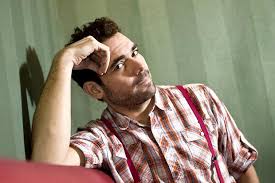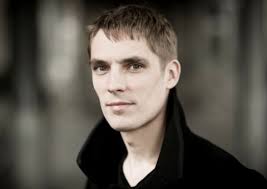Today (29 April 2016), ENO announces that award-winning opera and theatre director Daniel Kramer will become Artistic Director of the Company from 1 August 2016.
British-American director Daniel Kramer’s work with ENO extends backs to 2008. He was selected as part of ENO’s young director’s initiative for which he directed Punch and Judy at the Young Vic which subsequently won the South Bank Show Award for Outstanding Achievement in Opera. Kramer returned to ENO in 2009 to direct Bartok’s Duke Bluebeard’s Castle at the London Coliseum and is currently directing Wagner’s Tristan and Isolde, conducted by former ENO Music Director Edward Gardner and designed by Anish Kapoor.
Daniel Kramer has been an Associate at the Gate Theatre, Notting Hill and the Young Vic, and a Creative Associate at the Royal Shakespeare Company.
The appointment was made by a panel of ENO Board Members chaired by Harry Brunjes, including Louise Jeffreys and Anthony Whitworth-Jones. The views of members of the Orchestra and Chorus and the senior artistic team were also taken into account. Daniel was unanimously chosen as the exceptional individual from a very strong field of candidates.
Speaking about his appointment, Daniel Kramer said,
“I am honoured to join this wonderful Company. The core of English National Opera is its unique Company spirit – its award-winning orchestra and chorus and its incredible staff, stage and house crew. My intention is to champion this family and to inspire audiences night after night with a thrilling programme of musical diversity, attracting audiences from opera to operetta through to popular music. We will work, too, with the wider community outside the Coliseum, to develop emerging talent and new audiences. We are here to play and sing for you. I hope you will join us in this new chapter of our evolution.“


